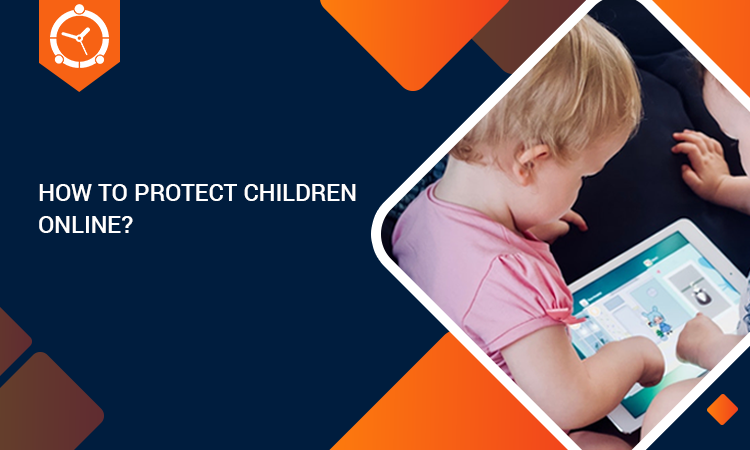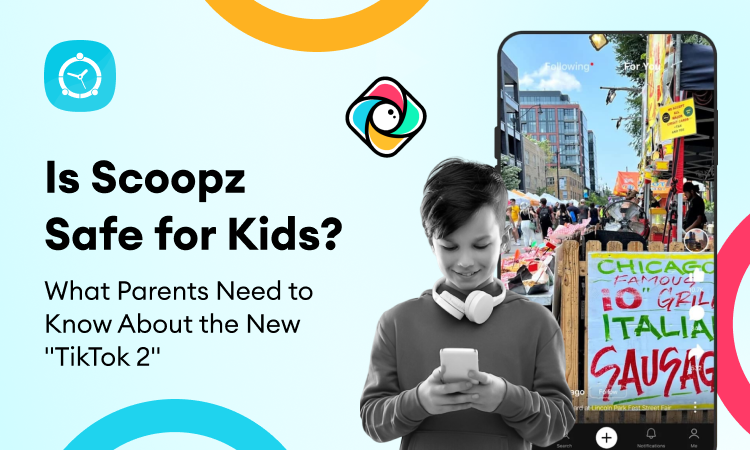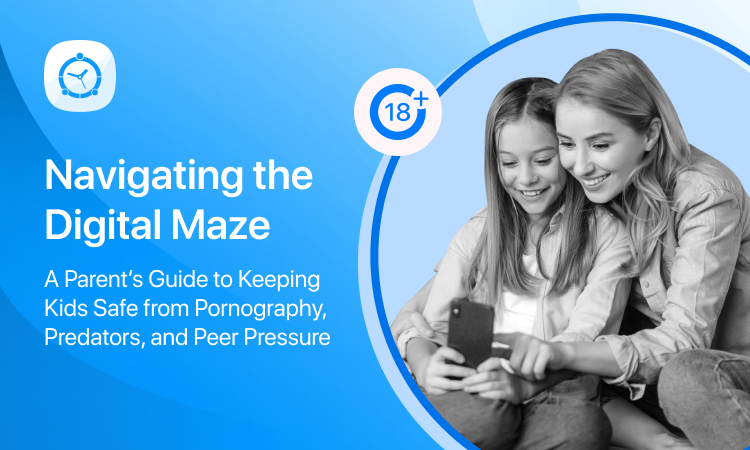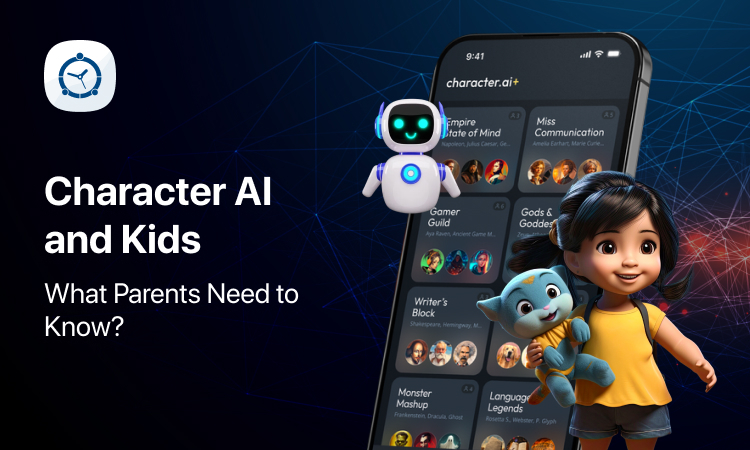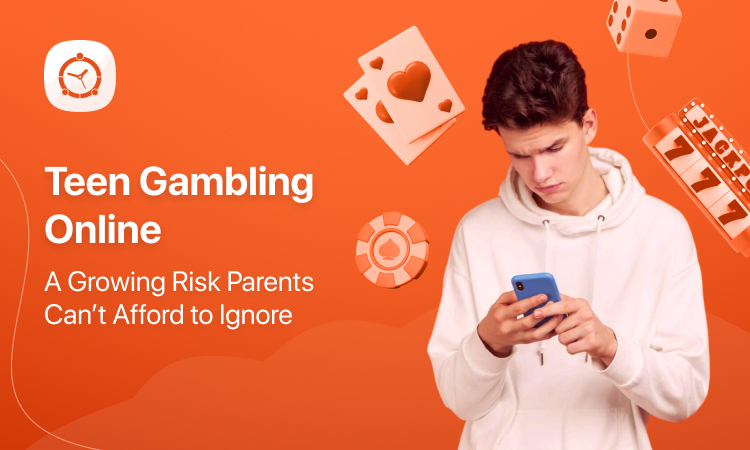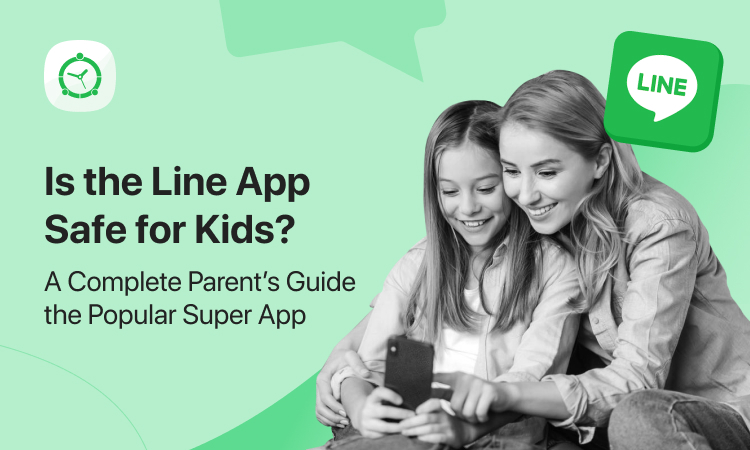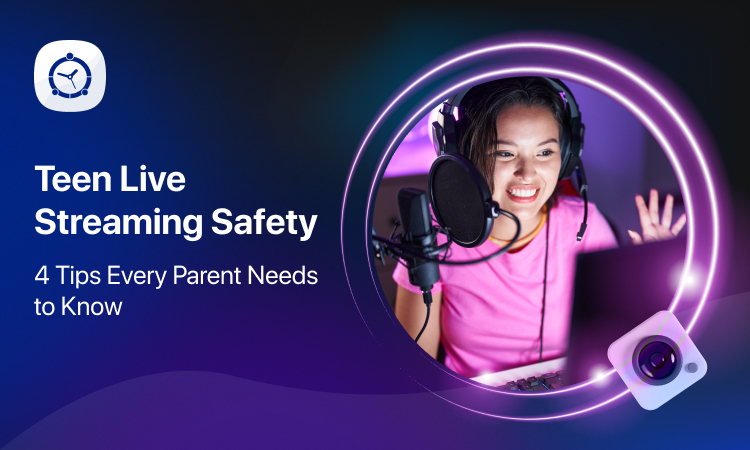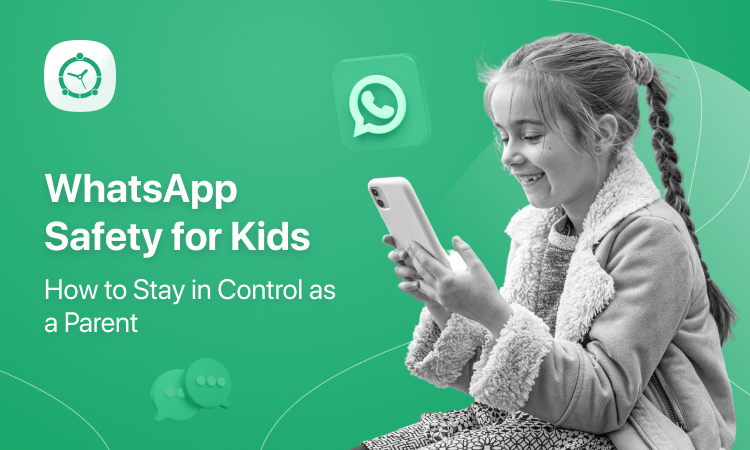Does your child stay in his room for a long time and is quieter than usual? He has done his homework a long time ago and has been on the phone for an hour! What happened? Maybe your child saw something that he should not see? Or was he offended? You don’t know for sure what happened, but you guess that it has something to do with the smartphone and the Internet. How to deal with this difficult situation?
There is a lot of useful and interesting information on the Internet, and if handled correctly, the World Wide Web can be of benefit to the child. However, according to a recent study by Kaspersky Lab, parents do not have a clear understanding of how to keep their children safe online. At the same time, 84% are concerned about the threats their child may face on the web.
According to statistics, more than 90% of children aged 7 to 12 around the world use smartphones and tablets with Internet access. And while parents are worried about the many online threats, they feel it wrong to deny their kids the ability to go online. How can you protect your child on the Internet without restricting access to educational resources or interfering with communication with friends? In an era of rapid growth in technology, it is no wonder to get confused in search of an answer to this question.
Emma, an expert in child psychology, writes: “I am the mother of two teenagers, and as they get older, I become more aware of my responsibility to keep them safe online. Internet technologies are constantly evolving, so it is extremely important to know in time about the risks that you are taking by releasing children on the Internet. As a practicing psychologist, I perfectly understand how seriously a child can suffer if he is left alone with the virtual world, without supervision and assistance. According to the survey results, in 60% of families, children themselves faced online threats or witnessed such incidents. In most cases, we are talking about materials containing scenes of violence, as well as Internet addiction. In addition, 13% were victims of bullying and 14%suffered from theft of personal and other data. Increasingly, it becomes known about cases when teenagers easily share personal information on the web, and then their new “friend” turns out to be a wolf in sheep’s clothing.”
But these are far from all the troubles that a child can face online. An annoying advertisement can be a problem. There are countless stories where children, without the knowledge of their parents, spent a fortune on purchases in mobile applications. These incidents say one thing: parents are poorly aware of the risks of high technology to children.
Most parents are not afraid of the virtual world, because first of all, it is a source of useful information that allows you to broaden your child’s horizons. At the same time, parents are responsible for the safety of their children online and are obliged to constantly expand their knowledge in this area. Adults are not always aware of this responsibility, which is why it is so important to seek answers from trusted sources.
The study showed that the younger generation spends many hours on the Internet uncontrollably. Whereas, on average, parents devote only 46 minutes to conversations about online safety – and this is for all the years of a child’s childhood! Take, for example, other areas of child development. Whatever the child does – whether he goes to the sports section, learns to read or works on an art project – he is always under the supervision of an experienced mentor who makes sure that the ward is fully aware of his actions. Moreover, this control is maintained throughout the entire training.
The exact same approach is required when it comes to the virtual world. Parents must constantly monitor what their child is doing on the Internet. How? Yes, even just asking him what he was doing on the web, and together discussing the experience he received, not only positive but also negative. It is equally important to know what threats they may face on the Internet so that you can warn and protect your child.
Parental control
We need to teach children to take the virtual world as seriously as the real one Even within the walls of their own home; they are exposed to numerous online threats. They can only be protected by an effective cybersecurity system: one that filters content monitors application usage and warns of potential threats.
No one wants their child to become a victim of phishing, doxing (this term refers to the publication of personal information without a person’s consent), or other malicious intent. Therefore, every effort must be made to protect children from online threats. The reliable parental control software will help you with this; for example, FamilyTime allows you to:
- Find out what programs the child uses.
- Set time limits on the use of certain applications.
- Flexibly configure monitoring of the child’s online activity. You can simply block all dangerous content or let the child ask for your permission to visit adult sites. Or you can allow him to view any web resources but receive notifications if they are unsafe. In this case, the program will warn you every time the child opened adult pages.
- Establish a safe perimeter for the movement of the child and receive notifications when he left this perimeter. You can also check where the child is now.
- Receive notifications when the child sits down on the phone.
However, despite all the capabilities of parental control technology, software alone is not enough. If a child’s behavior changes after he or she goes online unattended, even the most advanced technology will not replace confidential conversation. Therefore, do not neglect regular conversations with children about the rules of behavior on the Internet and about online threats.
If you notice that after surfing the web, your child is behaving unusually quietly (or, on the contrary, too agitated and irritable), it is likely that something bad has happened to him – and this is worth discussing. The role of face-to-face conversation can hardly be overestimated. On the one hand, it allows you to identify a problem before it gets out of hand. On the other hand, it makes the child understand how important he is to you.
Knowledge is power, and it is a parental duty to keep your child safe in the virtual and real world and educate them about threats. Take cybersecurity seriously. Then you will serve as an example for your children, and they will enjoy the Internet without fear and with pleasure. And when they grow up, they will already have formed an idea of netiquette.

